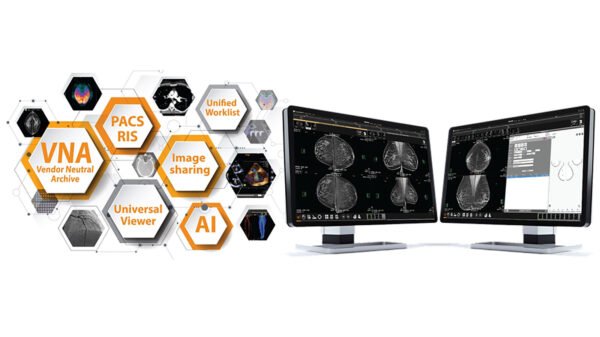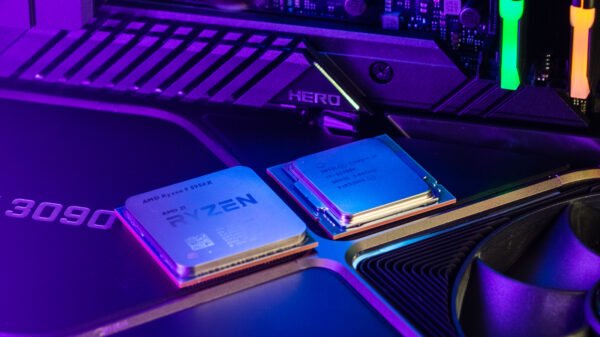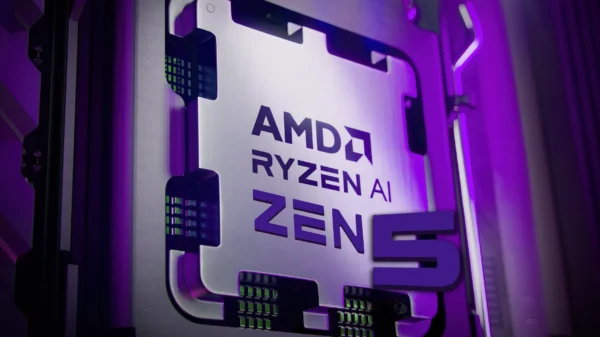RAM vs SSD
What is RAM?
RAM, or Random Access Memory, is your computer’s short-term memory. It temporarily stores data that your computer needs quick access to, such as open programs and files you are currently working on. The more RAM you have, the more data your computer can handle simultaneously, which translates to faster performance in tasks that require multitasking, such as video editing, gaming, or running multiple applications at once.
What is SSD?
An SSD, or Solid State Drive, is a type of storage device that uses flash memory to store data permanently, even when your computer is turned off. Unlike traditional hard drives (HDDs) that rely on spinning disks to read/write data, SSDs have no moving parts, making them significantly faster and more reliable. They load your operating system, applications, and files more quickly, which can drastically reduce boot times and improve overall system responsiveness.
Key Differences Between RAM and SSD
- Purpose: RAM is for temporary data storage (volatile), while SSDs are for long-term data storage (non-volatile).
- Speed: RAM is faster than SSDs in terms of data retrieval, but SSDs are much faster than traditional hard drives.
- Capacity: SSDs generally offer more storage capacity than RAM, but RAM is crucial for handling active tasks.
- Cost: Upgrading RAM is usually less expensive than upgrading to a larger SSD.
How Do RAM and SSD Affect Performance?
- RAM Impact: More RAM allows your computer to run multiple applications simultaneously without slowing down. If your computer often feels sluggish when running several programs, upgrading your RAM might be the best solution.
- SSD Impact: An SSD upgrade is most beneficial if your system is slow to boot up or if loading times for applications and files are lengthy. SSDs can breathe new life into an old computer, making it feel faster and more responsive.
Should You Upgrade RAM or SSD First?
If you’re on a budget and looking to improve your computer’s performance, it’s essential to understand which component will give you the most significant boost based on your needs:
- Upgrade RAM First if:
- You frequently multitask.
- You use memory-intensive applications.
- Your computer slows down when running multiple programs.
- Upgrade SSD First if:
- Your computer takes a long time to boot.
- Applications and files take a long time to load.
- You’re still using a traditional hard drive.
In many cases, upgrading both RAM and SSD can offer the best performance boost, but prioritizing based on your specific use case can help you achieve the most noticeable improvement.
FAQs
1. Can I upgrade both RAM and SSD in my computer?
- Yes, most computers allow upgrading both RAM and SSD, and doing so can significantly improve overall performance.
2. Which is more important for gaming, RAM or SSD?
- Both are important, but more RAM will help with multitasking and running games smoothly, while an SSD will reduce load times and improve system responsiveness.
3. How much RAM do I need for my computer?
- For basic tasks, 8GB of RAM is sufficient. For gaming, video editing, or heavy multitasking, 16GB or more is recommended.
4. What is the lifespan of an SSD compared to an HDD?
- SSDs generally have a longer lifespan than HDDs because they have no moving parts, making them more durable and less prone to mechanical failure.
5. Is upgrading to an SSD worth it for an older computer?
- Absolutely! Upgrading to an SSD can make an older computer feel much faster and extend its usable life.
For more detailed information on this topic, you can check out this comprehensive guide on how SSDs compare to traditional hard drives and NVMe drives.
Conclusion
Understanding the differences between RAM and SSD is crucial for making the right upgrade decisions. While RAM and SSD serve different purposes, they both contribute to the overall performance of your computer. Depending on your specific needs, upgrading either or both can lead to a more responsive, efficient, and enjoyable computing experience.







































































Pingback: How to share wifi password iPhone: A Step-by-Step Guide
Pingback: Cybersecurity Internships Remote: Unlock Your Future in Cybersecurity